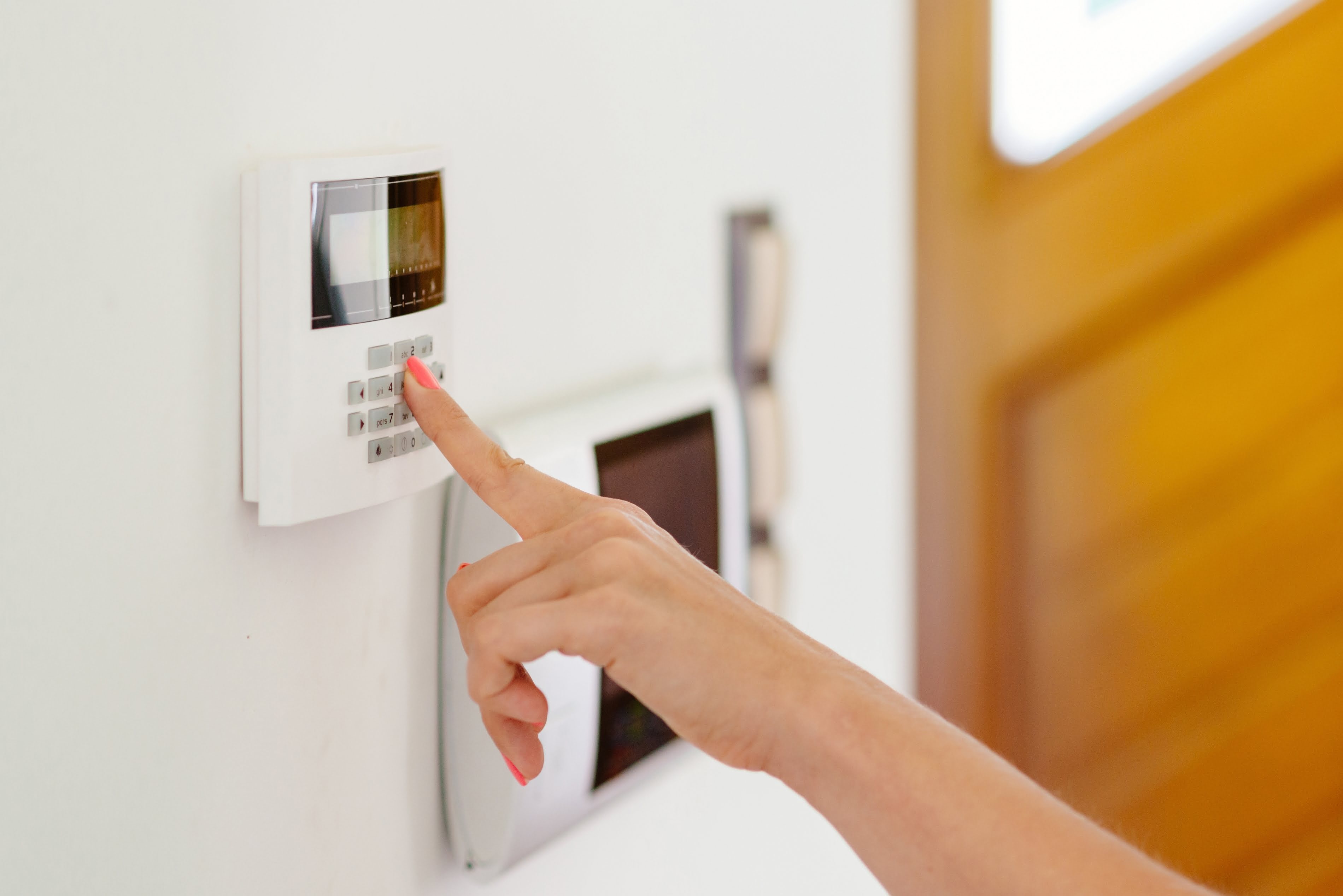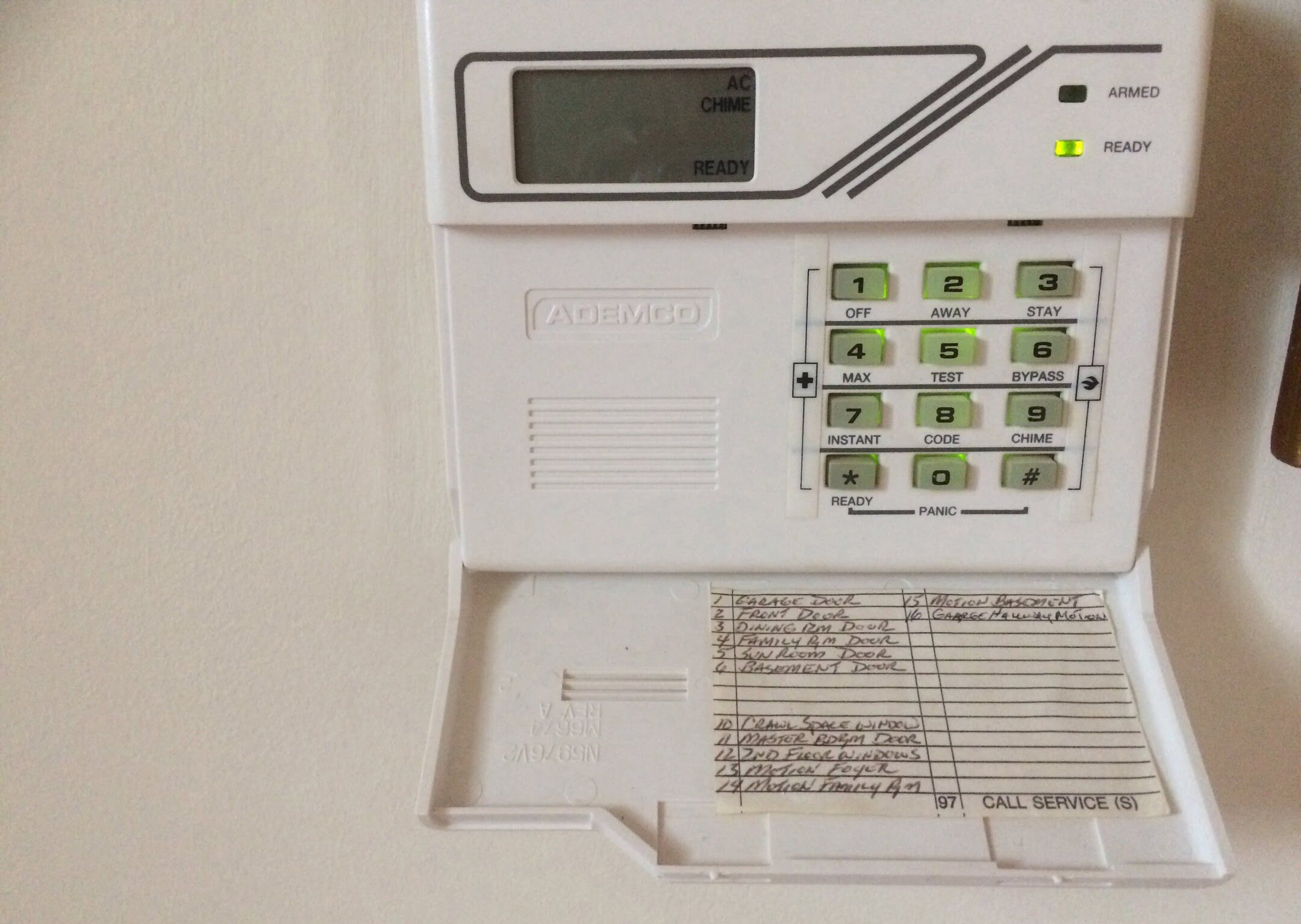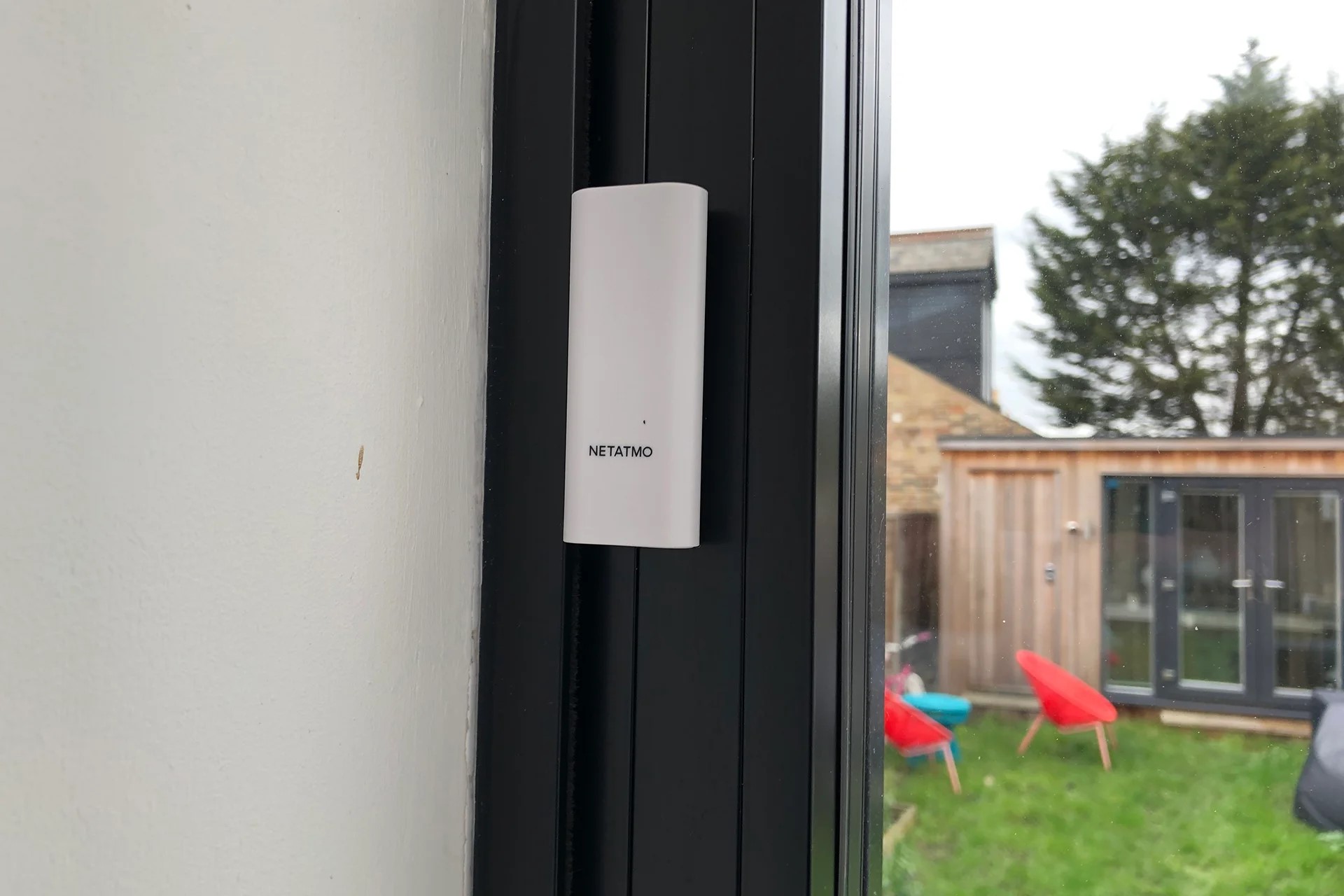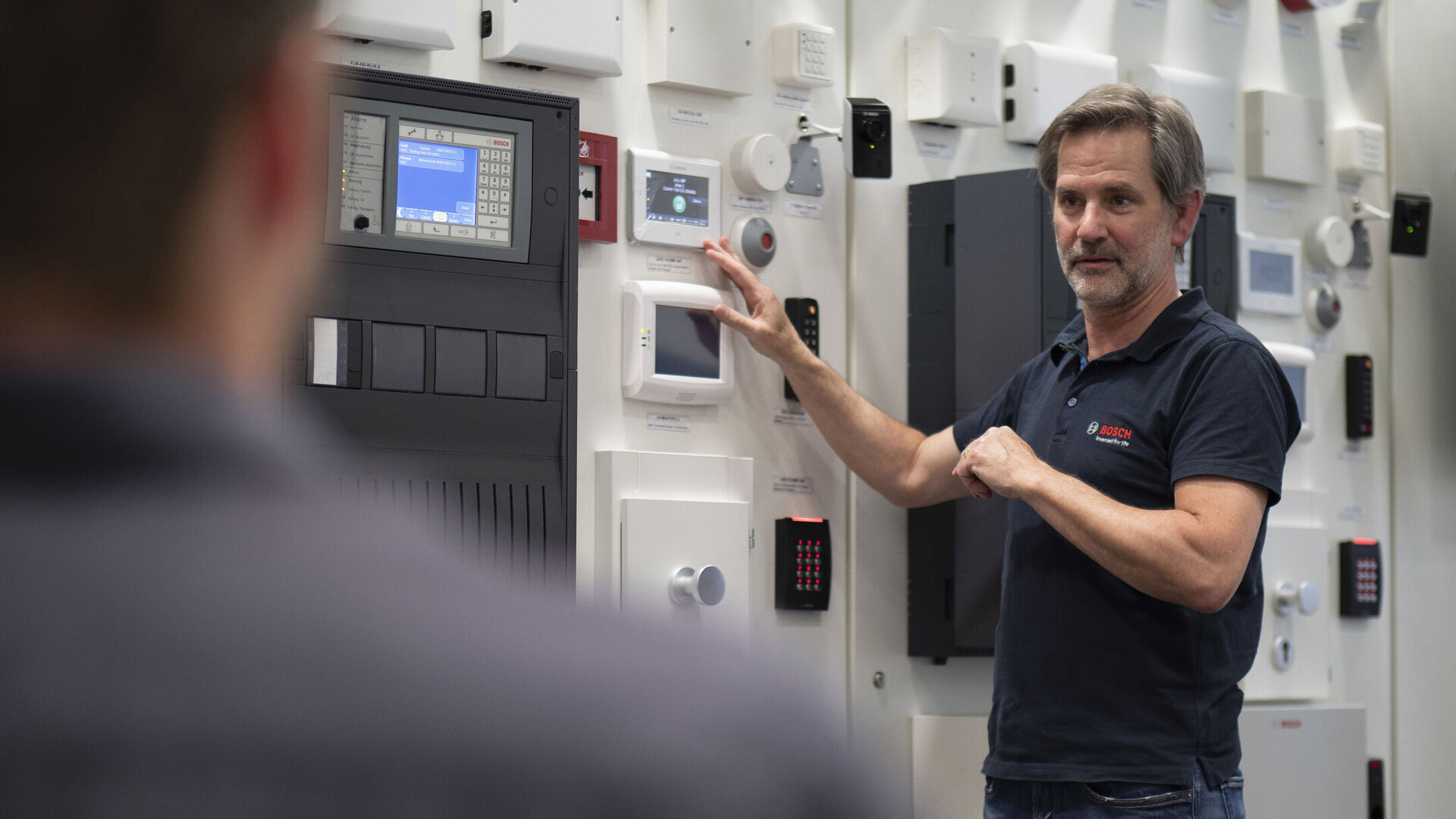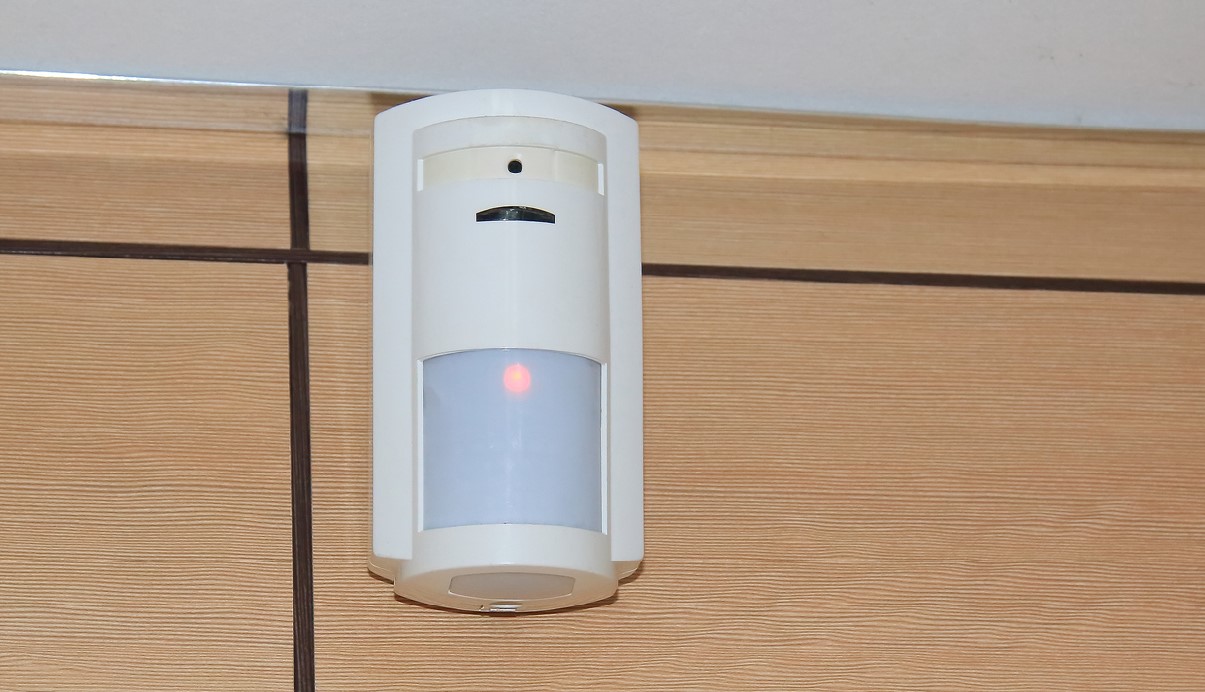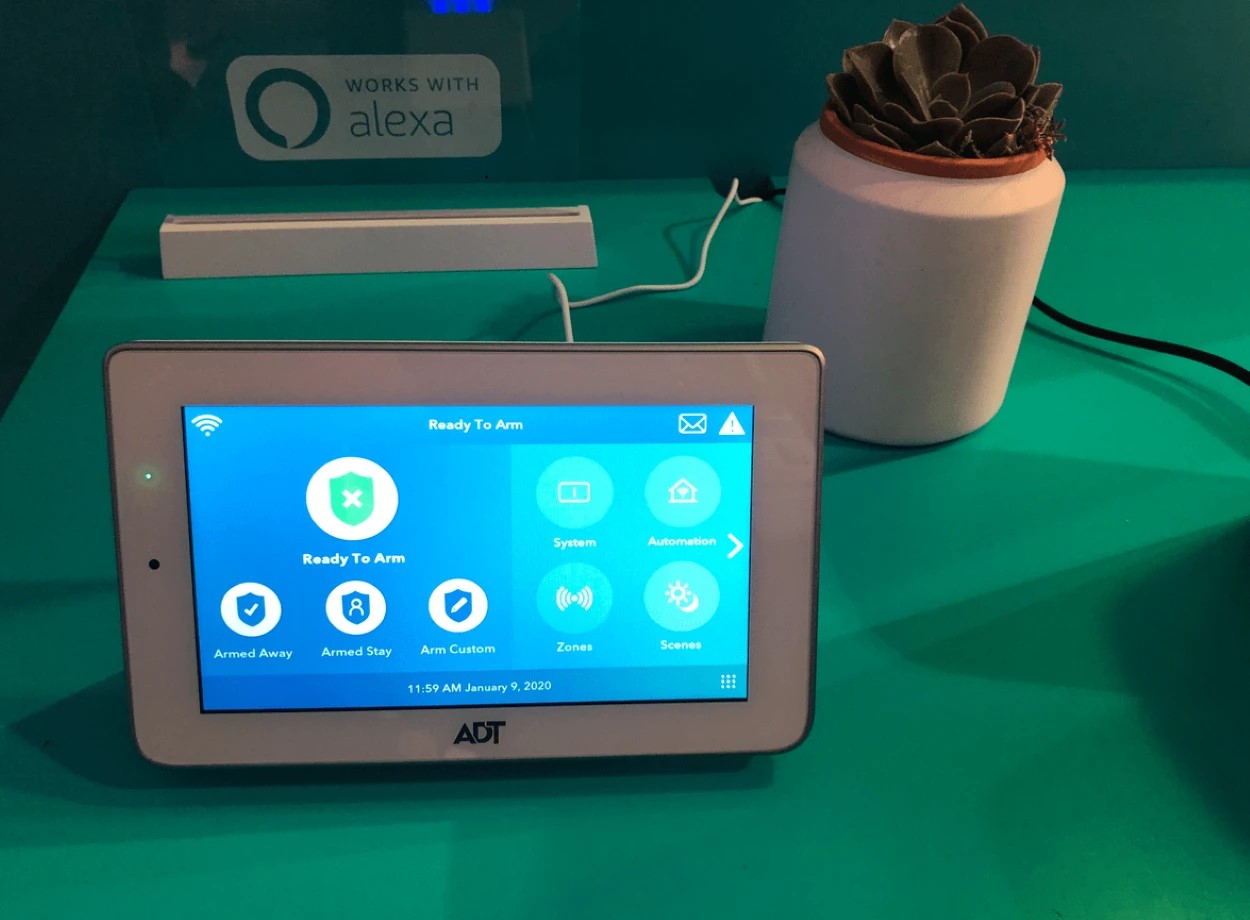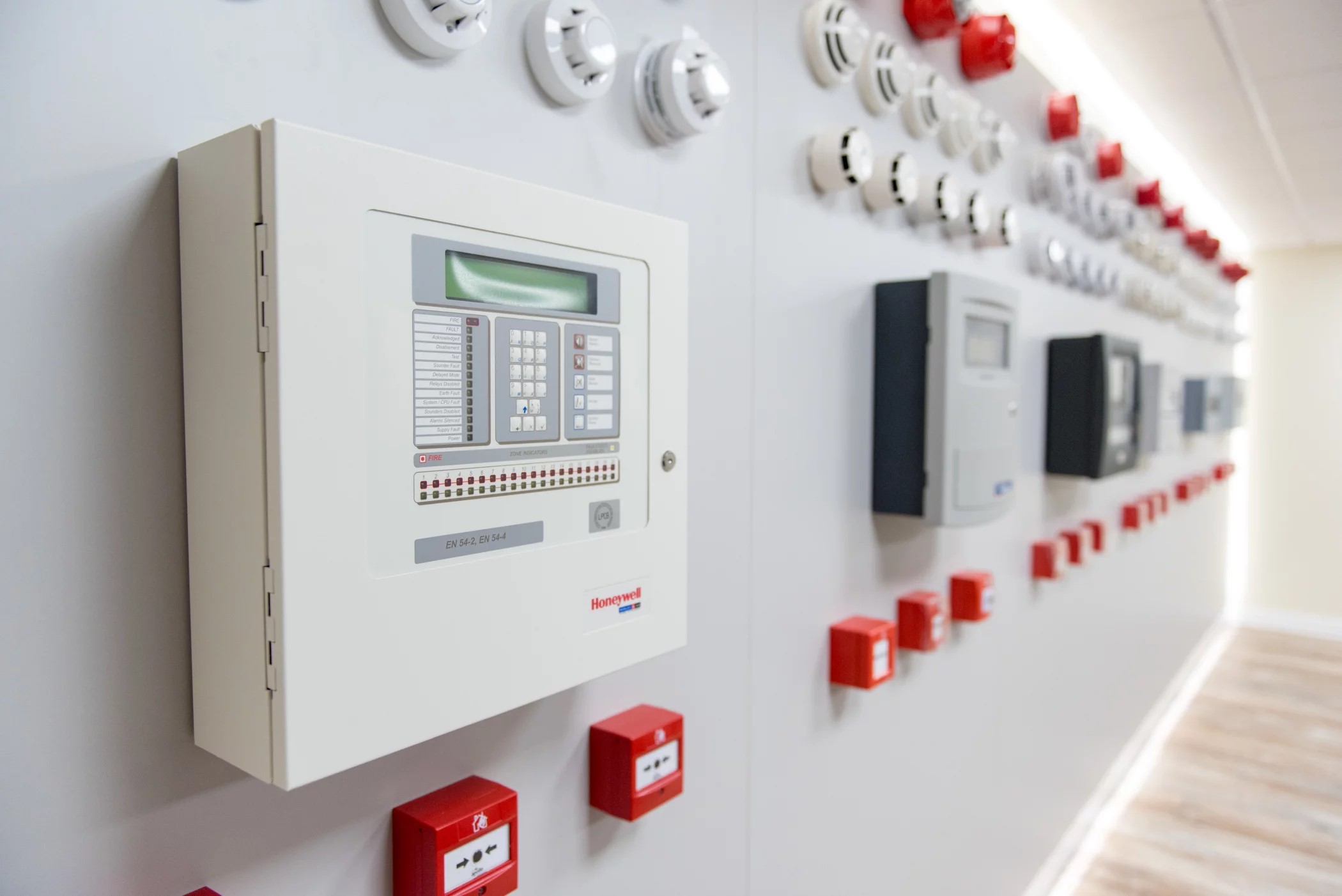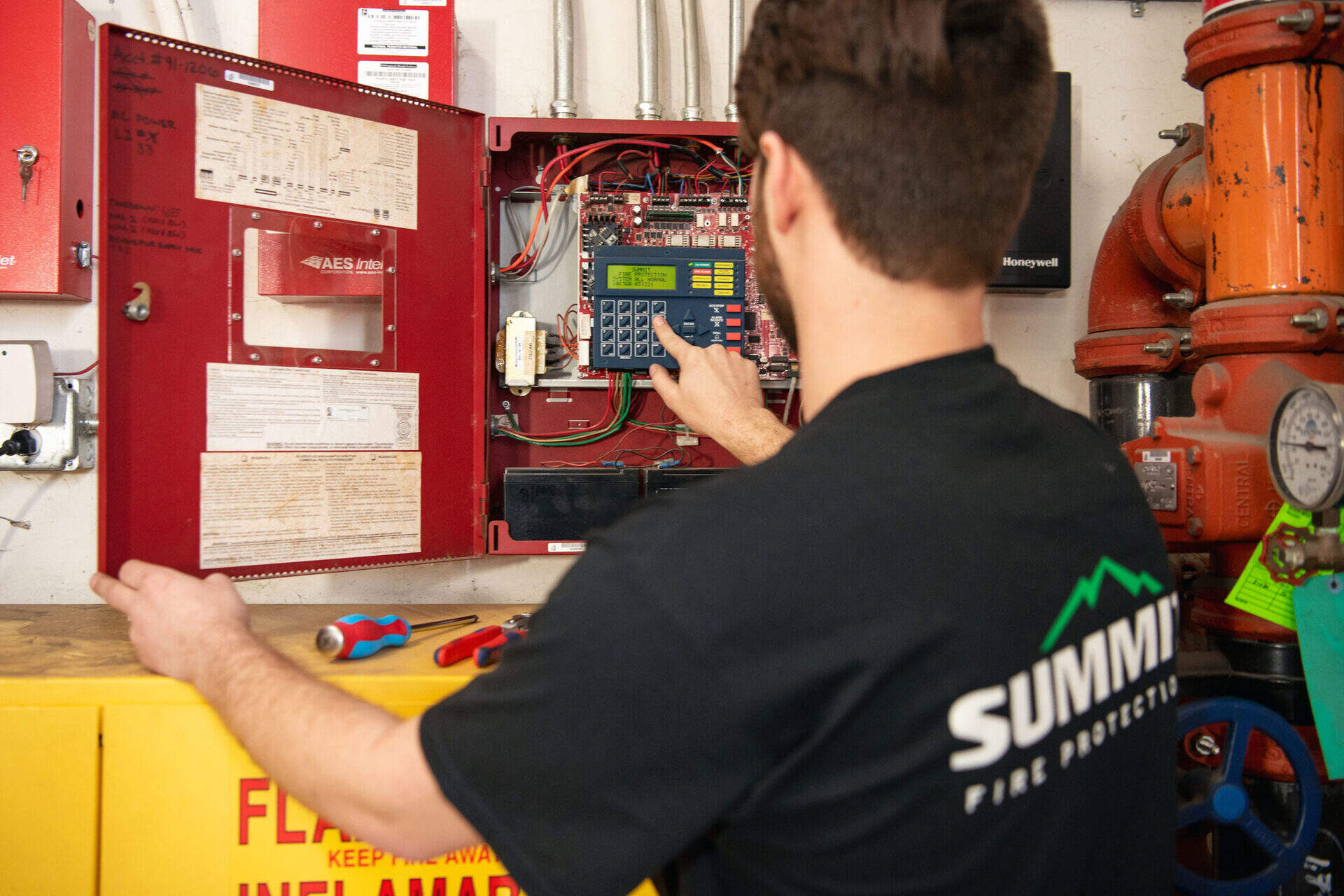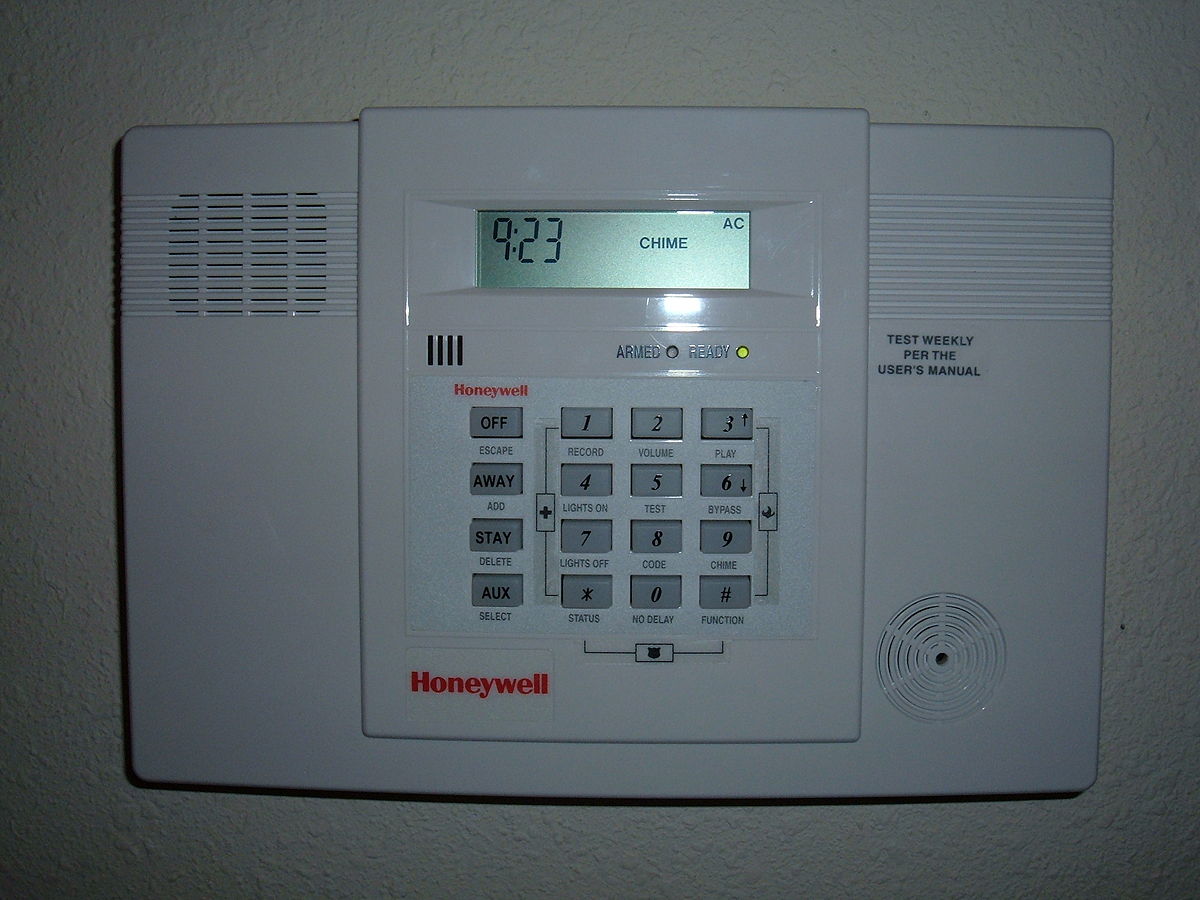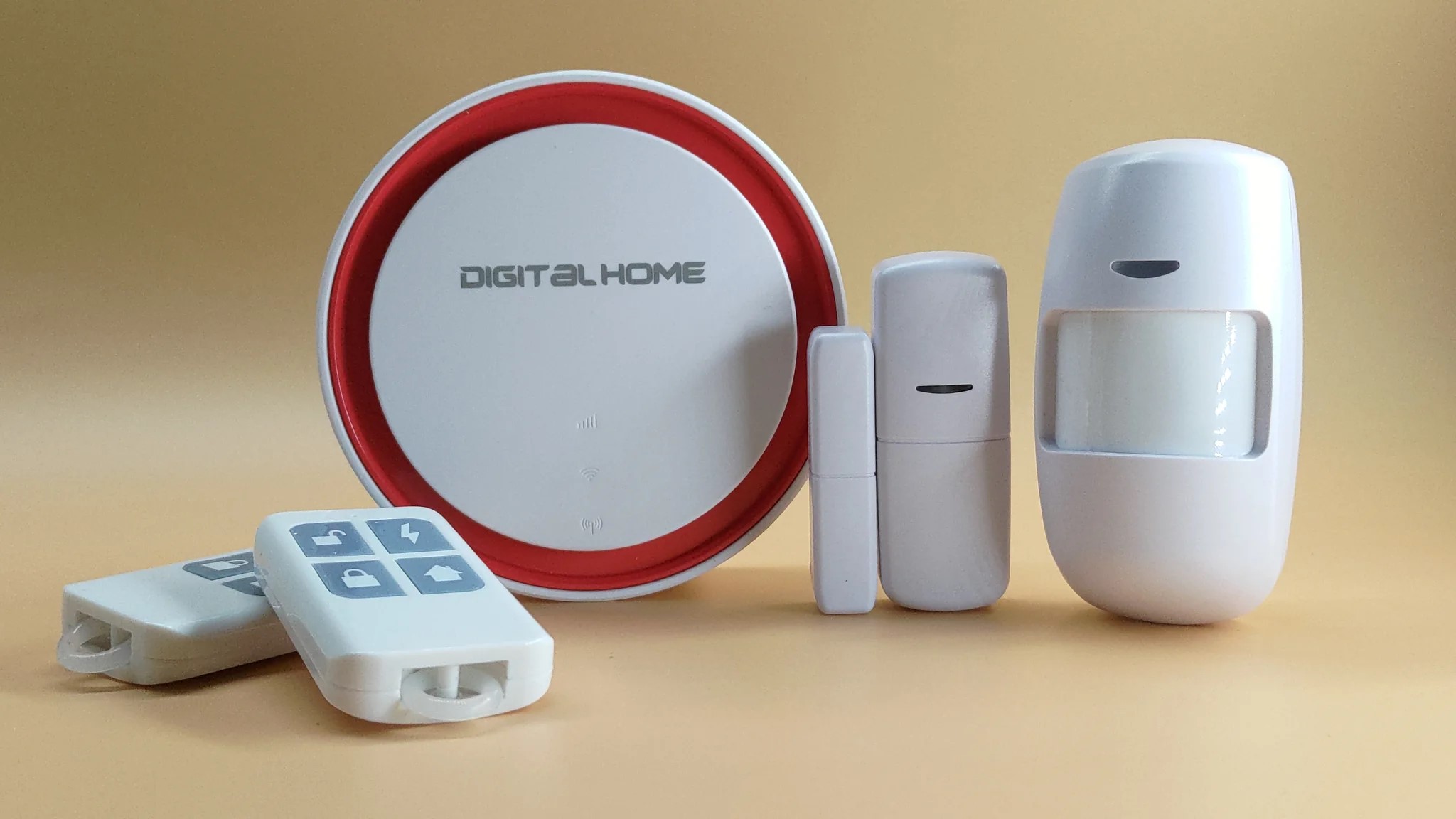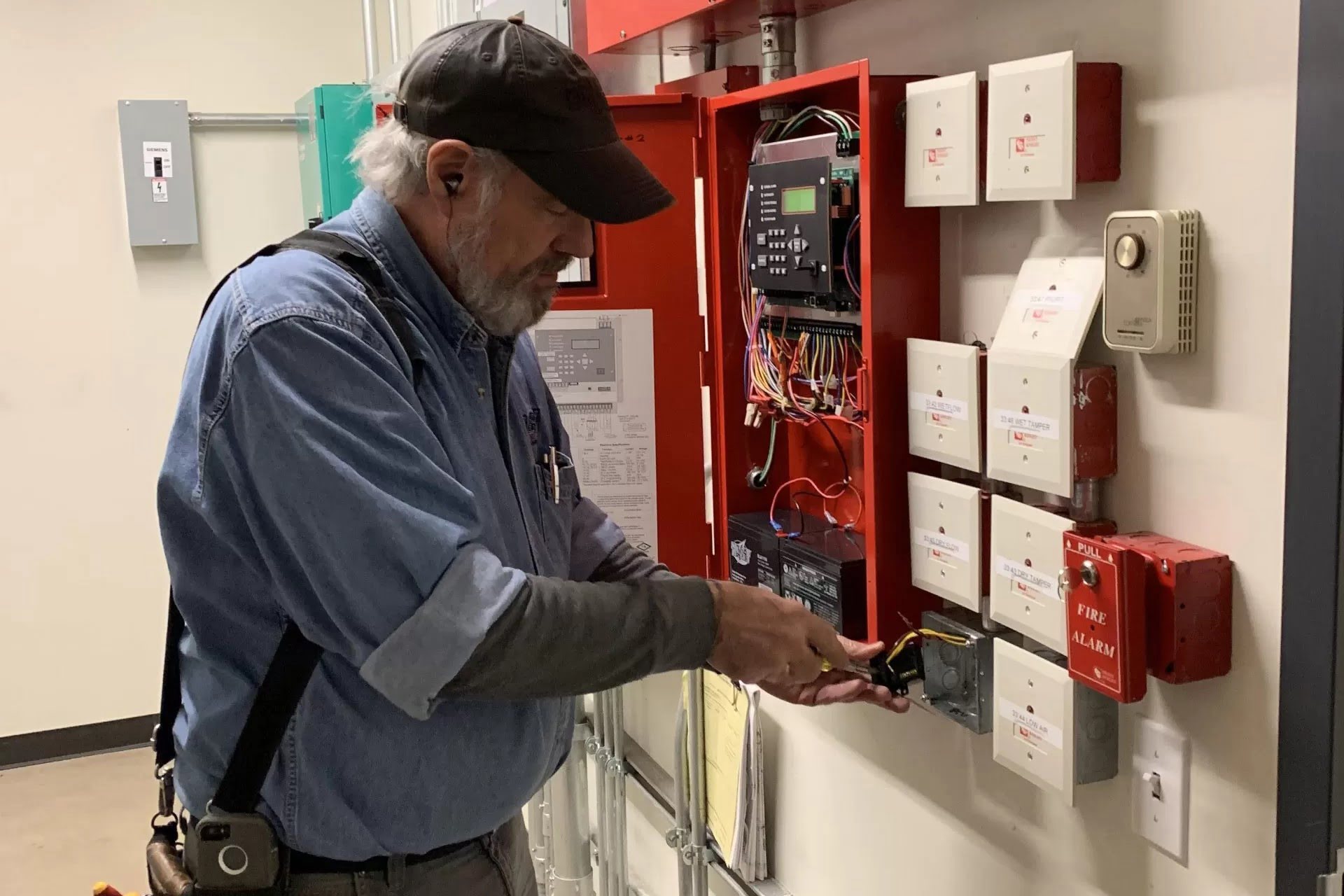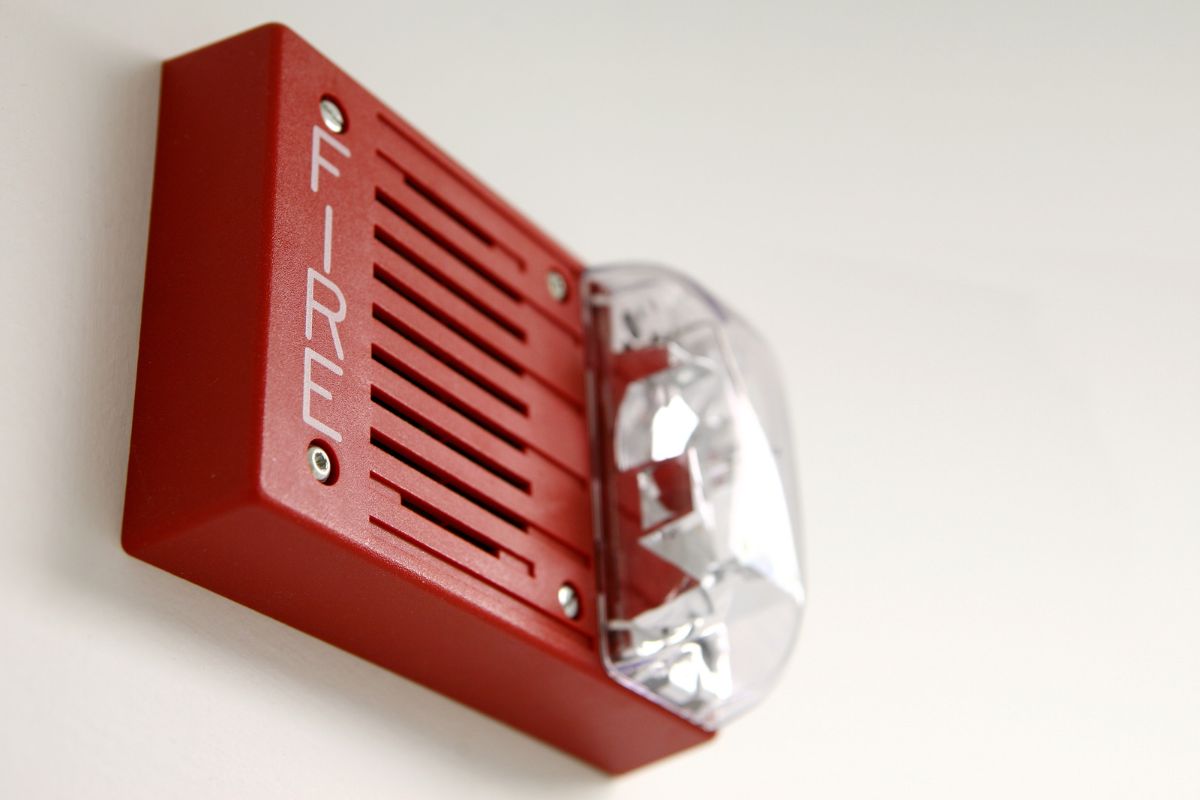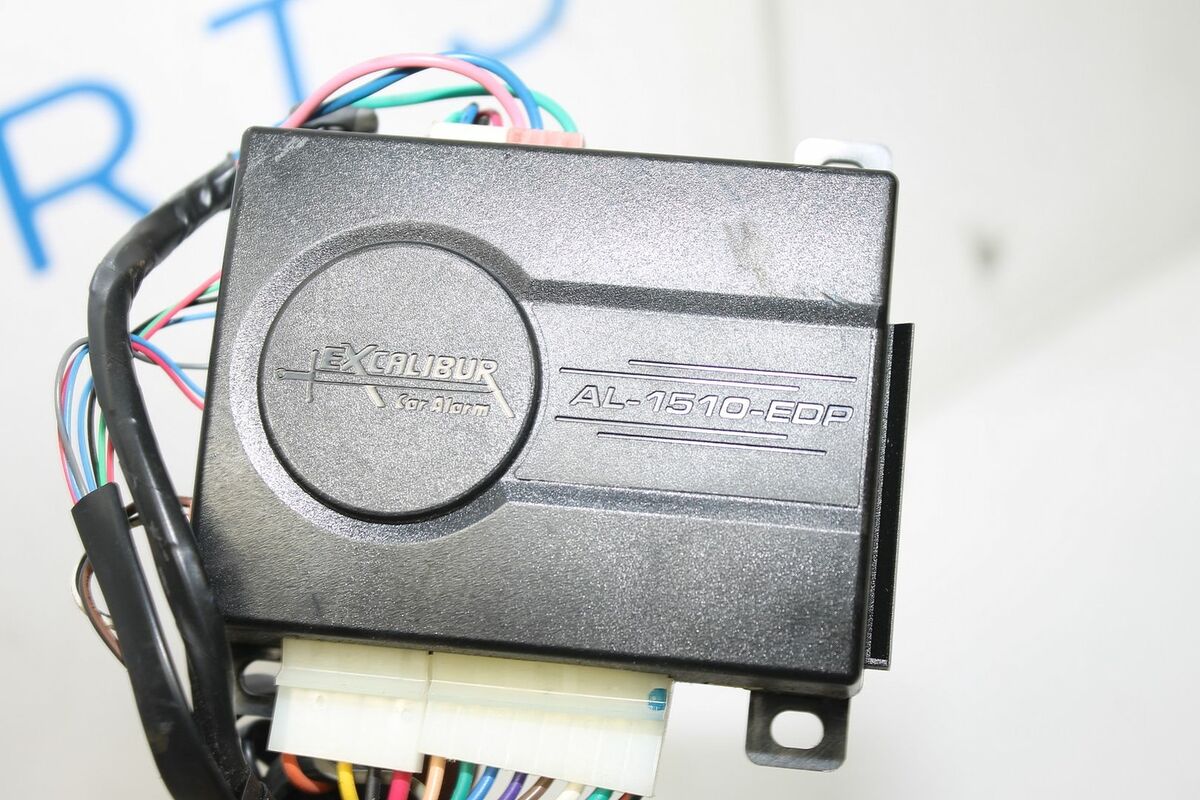Home>Home Security and Surveillance>How To Become An Alarm Systems Dealer


Home Security and Surveillance
How To Become An Alarm Systems Dealer
Modified: March 6, 2024
Learn how to become an alarm systems dealer and capitalize on the growing demand for home security and surveillance.
(Many of the links in this article redirect to a specific reviewed product. Your purchase of these products through affiliate links helps to generate commission for Storables.com, at no extra cost. Learn more)
Introduction
Welcome to the world of home security and surveillance, an industry that is rapidly growing as people are prioritizing the safety of their homes and loved ones. With advancements in technology, the demand for alarm systems and surveillance solutions has increased significantly, making it a lucrative business opportunity for entrepreneurs.
As an alarm systems dealer, you play a crucial role in providing people with the peace of mind that comes from knowing their homes are protected. Whether it’s installing security cameras, motion sensors, or alarm systems, you’ll be at the forefront of safeguarding households.
But how can you become an alarm systems dealer? What are the requirements, steps, and challenges involved? In this comprehensive guide, we will explore the path to establishing your own alarm systems dealership, covering everything from licensing and certification to marketing and customer relations.
So, if you’re ready to enter the world of home security and surveillance, let’s dive into the details of how to become an alarm systems dealer.
Key Takeaways:
- Becoming an alarm systems dealer requires knowledge, technical skills, and legal compliance. It’s a rewarding venture, but demands dedication and continuous learning to succeed in the competitive home security industry.
- To thrive as an alarm systems dealer, prioritize customer relationships, stay updated on industry trends, and address challenges like competition and technological advancements. Success lies in delivering excellent service and building trust with customers.
Read more: How To Become A HVAC Technician
Requirements for becoming an alarm systems dealer
Before embarking on your journey to become an alarm systems dealer, it is important to understand the requirements and qualifications necessary for this profession. While the specific requirements may vary depending on your location and the regulations in place, here are some common prerequisites:
- Legal and business registration: To operate as a legitimate alarm systems dealer, you will typically need to register your business and obtain the necessary licenses and permits. This may involve applying for a business license and registering as a security systems provider with the appropriate regulatory bodies.
- Knowledge and expertise: A deep understanding of home security systems and surveillance technology is essential. You should be well-versed in the various types of alarm systems, cameras, sensors, and other security equipment available in the market. Staying updated with the latest trends and advancements in the industry is also crucial.
- Technical skills: As an alarm systems dealer, you will be responsible for installing, configuring, and maintaining security systems. Therefore, a certain level of technical proficiency is needed. This includes knowledge of electrical wiring, network setup, and troubleshooting skills.
- Insurance and liability: It is important to have proper insurance coverage to protect your business and clients. This may include general liability insurance, professional liability insurance, and worker’s compensation insurance. It is advisable to consult with an insurance professional to determine the appropriate coverage for your specific needs.
- Background checks and screenings: As the safety and security of your clients’ homes are of utmost importance, many jurisdictions require alarm systems dealers to undergo background checks and screenings. This helps ensure that individuals with criminal records or shady backgrounds do not have access to sensitive information or opportunities for misconduct.
While these are the general requirements, there may be additional criteria specific to your location or industry regulations. It is essential to research and comply with all the legal obligations and standards set forth by the governing authorities.
Once you have met the necessary requirements, it’s time to learn about the steps involved in becoming an alarm systems dealer, which we will discuss in the next section.
Steps to becoming an alarm systems dealer
Now that you understand the requirements for becoming an alarm systems dealer, let’s delve into the step-by-step process of setting up your own dealership:
- Educate yourself: Start by acquiring knowledge about home security systems and surveillance technology. Attend training programs, workshops, or courses that focus on alarm systems installation, configuration, and maintenance. Stay updated with the latest industry trends and advancements to differentiate yourself in the market.
- Create a business plan: Develop a comprehensive business plan that outlines your goals, target market, pricing strategies, marketing and sales techniques, financial projections, and growth plans. A well-thought-out business plan will serve as a roadmap for your alarm systems dealership’s success.
- Obtain necessary licenses and permits: Research the licensing requirements in your jurisdiction and obtain the necessary permits and certifications. This may include applying for a general business license, a security systems provider license, and any additional permits or certifications required by local or state authorities.
- Set up your business structure: Choose a suitable legal structure for your business, such as a sole proprietorship, partnership, or limited liability company (LLC). Consult with a business attorney or tax advisor to determine the best structure based on your specific needs and circumstances.
- Secure financing: Determine the startup costs involved in launching your alarm systems dealership. This may include purchasing equipment, securing an office or showroom, hiring employees, and marketing expenses. Explore financing options such as business loans, lines of credit, or partnerships to fund your venture.
- Establish supplier relationships: Research and identify reliable suppliers and manufacturers of alarm systems and surveillance equipment. Form partnerships with reputable suppliers that offer high-quality products at competitive prices. Maintaining good relationships with suppliers is crucial for the success of your dealership.
- Set up your showroom or office: Create a professional and inviting space where customers can see and experience the alarm systems and surveillance products you offer. Display your range of products, install demonstration units, and provide informational materials to educate customers about the benefits of your solutions.
- Develop a marketing strategy: Allocate time and resources to develop a marketing strategy that targets your ideal customers. This may include online marketing, social media advertising, search engine optimization (SEO), and traditional marketing methods such as print advertisements and local networking.
- Build a strong customer base: Focus on providing exceptional customer service to build trust and loyalty among your customers. Offer professional installation services, provide warranties on products, and respond promptly to customer inquiries and concerns. Encourage referrals and positive reviews to expand your customer base.
- Stay updated with industry trends: To stay competitive in the industry, continuously educate yourself on emerging technologies and industry trends. Attend trade shows, conferences, and seminars to network with other professionals and gain insights into the latest developments.
Remember, starting an alarm systems dealership requires dedication, hard work, and ongoing learning. With the right combination of knowledge, skills, and business acumen, you can establish a successful and sustainable business in the home security and surveillance industry.
Next, we will explore the licensing and certification requirements for alarm systems dealers.
Licensing and certification
Obtaining the necessary licenses and certifications is a critical step in becoming a legitimate and reputable alarm systems dealer. The specific requirements may vary depending on your location and the regulations in place. Here are some common licensing and certification considerations:
- Security industry licenses: Many jurisdictions require alarm systems dealers to obtain a security industry license. This license ensures that you meet certain qualifications and adhere to the rules and regulations governing the industry. The application process typically involves providing proof of education, experience, and passing a background check.
- Low-voltage electrical license: Depending on your area, you may be required to hold a low-voltage electrical license to work with alarm systems and related wiring. This license demonstrates your competence and knowledge in handling low-voltage electrical systems.
- Manufacturer certifications: Some alarm system manufacturers offer certification programs for dealers. These programs provide in-depth training on specific products, installation techniques, and maintenance procedures. Being certified by reputable manufacturers can enhance your credibility and attract customers who trust their products.
- Continuing education: The alarm systems industry is constantly evolving with new technologies and regulations. It is important to stay updated with the latest advancements by pursuing continuing education opportunities. This may involve attending workshops, webinars, or courses offered by industry associations or training organizations.
- Insurance requirements: In addition to licenses and certifications, you will need appropriate insurance coverage to protect your business and clients. This may include general liability insurance, professional liability insurance, and worker’s compensation insurance. The insurance requirements may vary based on your jurisdiction and the size of your operation.
It is crucial to research the specific licensing and certification requirements in your area and comply with all the regulations set forth by the governing authorities. Failing to obtain the necessary licenses or certifications can lead to penalties, legal issues, and damage to your reputation as a dealer.
Remember, licensing and certification not only ensure compliance with regulations but also give your customers confidence in your expertise and professionalism. It differentiates you from unlicensed competitors and demonstrates your commitment to providing high-quality alarm systems and services.
Next, we will explore financing options for starting an alarm systems dealership.
Financing options for starting an alarm systems dealership
Like any business venture, starting an alarm systems dealership requires adequate financing to cover startup costs and sustain operations until you start generating revenue. Here are some financing options to consider:
- Personal savings: If you have personal savings or access to funds that you can invest in your business, this can be the simplest and most straightforward financing option. It allows you to retain control and ownership of your dealership without incurring debt.
- Business loans: Banks and financial institutions offer business loans specifically designed for startup ventures. These loans provide capital upfront, which can be used for purchasing equipment, leasing a space, hiring staff, and other necessary expenses. Be prepared to present a well-developed business plan and financial projections to secure a business loan.
- Lines of credit: Business lines of credit can provide you with flexible and ongoing access to funds. You can use this financing option to cover day-to-day expenses, inventory purchases, or unexpected costs. Lines of credit are typically offered by banks and require a good credit history and a solid business plan.
- Investors and partners: Consider seeking investors or business partners who are willing to provide funding in exchange for equity or a share of the profits. This can help alleviate the financial burden and also bring in additional expertise and resources to support your dealership’s growth.
- Equipment leasing: Instead of purchasing expensive equipment outright, you may choose to lease the necessary alarm systems and surveillance equipment. Leasing allows you to conserve your initial capital and make monthly payments, making it easier to manage cash flow in the early stages of your business.
- Grants and subsidies: Research if there are any grants, subsidies, or government programs available to support small businesses in the security industry. These funds can be used for startup costs, training programs, or equipment purchases. Contact your local government agencies or small business development centers to explore these opportunities.
When considering financing options, carefully evaluate the costs associated with each option, including interest rates, repayment terms, and any collateral requirements. It is advisable to consult with a financial advisor or accountant to assess the feasibility and impact of each financing option on your dealership’s financial health.
In addition to securing financing, it is crucial to develop a comprehensive financial plan and budget to effectively manage your cash flow and ensure the long-term sustainability of your alarm systems dealership.
Next, we will explore how to find suppliers and products for your dealership.
Read more: How Tampering Looks On Alarm Systems
Finding suppliers and products
As an alarm systems dealer, finding reliable suppliers and high-quality products is crucial for the success of your dealership. Here are some steps to help you find the right suppliers and products:
- Research and identify reputable suppliers: Start by researching well-established suppliers in the security industry. Look for suppliers that have a good reputation, a wide range of products, and reliable customer service. Attend trade shows, industry conferences, and networking events to connect with potential suppliers and learn more about their offerings.
- Verify supplier credentials: Before partnering with a supplier, verify their credentials and ensure they are reputable and trustworthy. Check for certifications, manufacturer affiliations, and customer reviews. Request samples of their products to evaluate quality, performance, and compatibility with the alarm systems you plan to offer.
- Consider product variety and compatibility: Ensure that the supplier offers a diverse range of products to meet the needs of different customers. Look for suppliers that provide a wide selection of alarm systems, surveillance cameras, sensors, and other security equipment. It is essential to choose products that are compatible with your customers’ requirements and integrate seamlessly with your installation and monitoring systems.
- Evaluate pricing and terms: Compare pricing structures and terms from different suppliers. Consider factors such as wholesale pricing, minimum order quantities, discounts for bulk purchases, and shipping costs. Understanding the supplier’s pricing model and terms will help you determine the profitability of your dealership and set competitive prices for your products.
- Assess technical support and warranty: Look for suppliers that offer comprehensive technical support to assist you with product installation, troubleshooting, and any required maintenance. Additionally, ensure that the products come with warranties to provide your customers with peace of mind and protect your business from potential liability.
- Establish strong supplier relationships: Nurture your relationships with suppliers by maintaining open communication, timely payments, and transparency. Building a strong partnership with reliable suppliers can lead to better pricing, priority access to new products, and a mutually beneficial long-term association.
Remember, the quality of the products you offer will directly impact your customers’ satisfaction and the reputation of your dealership. Therefore, choose suppliers and products that align with your commitment to providing top-notch security solutions.
Next, we will explore the steps involved in setting up your alarm systems dealership.
Research the requirements for becoming an alarm systems dealer in your area, including any necessary licenses or certifications. Building a strong understanding of the industry and networking with other professionals can also be beneficial.
Setting up the alarm systems dealership
Setting up your alarm systems dealership involves several key steps to establish a professional and efficient operation. Let’s explore the necessary steps:
- Secure a suitable location: Determine whether you need a dedicated showroom or office space to showcase your alarm systems and meet with clients. Consider factors such as proximity to your target market, accessibility, and the ability to display and demonstrate your products effectively.
- Purchase necessary equipment and inventory: Invest in the equipment and inventory required to operate your dealership smoothly. This may include alarm systems, surveillance cameras, sensors, control panels, tools, and any software or technology needed to manage your business efficiently.
- Set up a professional website and online presence: In today’s digital age, having a strong online presence is crucial for attracting customers. Create a professional website that highlights your services, product offerings, and contact information. Optimize your website for search engines to improve visibility and consider utilizing social media platforms for additional marketing opportunities.
- Hire and train staff: Depending on the size and scale of your dealership, you may need to hire technicians, sales representatives, and administrative staff. Ensure that your team receives comprehensive training on the products, installation processes, customer service, and industry regulations.
- Develop standardized procedures: Streamline your operations by developing standardized procedures for tasks such as product installations, customer support, inventory management, and billing. This will help ensure consistency, efficiency, and a seamless experience for your customers.
- Implement a robust security system: As an alarm systems dealership, it is vital to practice what you preach. Install a comprehensive security system in your showroom or office to demonstrate the effectiveness of your products and instill confidence in your customers.
- Establish partnerships and affiliations: Forge partnerships with complementary businesses such as locksmiths, electricians, and insurance providers. These partnerships can create referral opportunities and enhance your range of services.
- Create marketing materials: Design and print marketing materials such as brochures, business cards, and flyers to promote your dealership. Highlight the features and benefits of your alarm systems and emphasize the unique value proposition you offer to customers.
- Implement a customer relationship management (CRM) system: Use a CRM system to organize customer information, track leads and sales, and manage ongoing customer relationships. This will help you stay organized and provide personalized service to your clients.
By following these steps, you will be well on your way to setting up a professional and successful alarm systems dealership. Ensure that you comply with all legal requirements, maintain high-quality standards, and continuously improve your operations to stay ahead in a competitive market.
Next, let’s discuss marketing and promoting your alarm systems dealership.
Marketing and promoting your alarm systems dealership
Marketing and promoting your alarm systems dealership is essential to attract customers and build a strong brand presence in the market. Here are some effective strategies to consider:
- Create a compelling brand identity: Develop a distinct and professional brand identity that resonates with your target audience. This includes designing a memorable logo, choosing a cohesive color scheme, and crafting a unique brand message that highlights the security and peace of mind your dealership provides.
- Build a professional website: Your website serves as the digital face of your dealership. Ensure that it is visually appealing, user-friendly, and optimized for search engines. Include detailed information about your products and services, testimonials from satisfied customers, and a clear call-to-action to encourage visitors to contact you.
- Utilize search engine optimization (SEO): Increase your online visibility by optimizing your website with relevant keywords, meta tags, and informative content. This will help your dealership rank higher in search engine results and attract organic traffic from potential customers searching for alarm systems in your area.
- Embrace online marketing channels: Utilize various online marketing channels to reach a wider audience. This includes paid advertising campaigns on search engines and social media platforms, email marketing to engage with existing customers, and content marketing to establish yourself as a thought leader in the industry.
- Utilize social media: Create a presence on popular social media platforms such as Facebook, Instagram, and LinkedIn to connect with potential customers. Share informative content, showcase your products, and engage with your audience through comments, messages, and live chats.
- Develop partnerships and referral programs: Collaborate with complementary businesses such as home security service providers, real estate agents, and neighborhood associations. Offer referral incentives to encourage them to refer clients to your dealership.
- Participate in local events and trade shows: Increase your visibility in the local community by sponsoring or participating in home shows, trade shows, and community events related to home security. This allows you to showcase your products, engage with potential customers, and network with other professionals in the industry.
- Request customer reviews and testimonials: Encourage your satisfied customers to provide reviews and testimonials about their experience with your dealership. Positive reviews can greatly influence potential customers in their decision-making process.
- Implement targeted advertising: Segment your target market and create targeted advertising campaigns to reach specific demographics, such as homeowners, renters, or commercial property owners. Customizing your messaging and advertising channels can yield higher conversion rates.
Remember, marketing and promotion are ongoing efforts that require consistent attention and adjustment to stay ahead in a competitive market. Continuously evaluate the effectiveness of your marketing strategies and adapt them based on customer feedback and industry trends.
Next, let’s discuss the importance of building and maintaining customer relationships for your alarm systems dealership.
Building and maintaining customer relationships
Building and maintaining strong customer relationships is crucial for the long-term success of your alarm systems dealership. Here are some effective strategies for fostering positive connections with your customers:
- Provide exceptional customer service: Always prioritize excellent customer service and go above and beyond to meet your customers’ needs. Respond promptly to inquiries, address concerns with empathy, and ensure a smooth and hassle-free installation and maintenance process.
- Offer personalized solutions: Take the time to understand your customers’ specific security concerns and tailor your recommendations accordingly. Provide customized solutions that meet their unique requirements and offer the level of security they desire.
- Communicate proactively: Regular and proactive communication with your customers is essential. Keep them informed about the latest security trends, product updates, and promotions. Reach out to check on the performance of their alarm systems and offer any necessary support or maintenance assistance.
- Provide thorough product training: When installing the alarm systems, offer comprehensive training to your customers on how to use and maintain the equipment. Empower them to feel confident and in control of their security system, and ensure they understand the features and functions available to them.
- Seek feedback and reviews: Encourage your customers to provide feedback about their experience with your dealership. This input can help you identify areas for improvement and make necessary adjustments. Also, request reviews and testimonials from satisfied customers to showcase the credibility of your dealership to potential clients.
- Offer post-installation support and maintenance: Establish a system for providing ongoing support and maintenance services to your customers. Regularly schedule inspections, offer remote troubleshooting assistance, and promptly address any malfunctions or issues that may arise.
- Implement a loyalty program: Reward your loyal customers by implementing a loyalty program. Offer discounts on future purchases, exclusive promotions, or priority service for repeat customers. This not only encourages customer retention but also incentivizes referrals.
- Engage with customers through social media: Maintain an active presence on social media platforms and engage with your customers. Respond to their comments, messages, and inquiries promptly. Share informative content, success stories, and security tips to establish yourself as a trusted authority in the field.
- Continuously improve your services: Regularly evaluate and improve your processes and offerings based on customer feedback and industry advancements. Stay updated with the latest security technologies and trends to provide the best solutions for your customers’ evolving needs.
Remember, building strong customer relationships takes time and effort. Prioritizing outstanding service, personalized solutions, and ongoing support will help you establish a loyal customer base and generate positive word-of-mouth referrals.
Now let’s address some of the challenges and considerations specific to the alarm systems dealership industry.
Read more: How To Use Tyco Alarm Systems
Challenges and considerations for alarm systems dealers
While the alarm systems dealership industry can be rewarding, it is not without its challenges. Here are some common challenges and considerations to keep in mind:
- Competition: The home security and surveillance industry is highly competitive, with numerous dealers and providers vying for customers. To stand out, it is essential to differentiate yourself by offering unique products, exceptional service, and innovative solutions.
- Technological advancements: The rapid pace of technological advancements in the industry means you must constantly stay updated to remain relevant. Keeping abreast of new products, integration options, and emerging trends helps you stay competitive and offer the most advanced and effective solutions to your customers.
- Regulatory requirements: Compliance with local, state, and federal regulations is crucial to operating a legal and reputable alarm systems dealership. Keeping up with evolving regulations, obtaining the necessary licenses, and staying informed about privacy laws are essential considerations for your business.
- Seasonality: The demand for alarm systems may fluctuate throughout the year, with peak seasons and slower periods. During peak seasons, you may experience higher volumes of inquiries and installations, while slower periods may require strategically planned marketing campaigns to generate business.
- Customer trust and security concerns: Building trust with customers is vital as they are entrusting the security of their homes and loved ones to your products and services. Addressing their privacy concerns, ensuring data security, and demonstrating professionalism and expertise are essential for fostering trust.
- Technical challenges: Installing and maintaining alarm systems can present technical complexities and challenges. It is critical to invest in ongoing training for your staff and stay updated on the latest installation techniques and troubleshooting methods to ensure a seamless and efficient process for your customers.
- Financial management: As with any business, proper financial management is crucial. You must carefully allocate funds for inventory, advertising, staff wages, and ongoing expenses. Monitoring your cash flow, budgeting effectively, and having contingency plans in place are essential for the financial health and stability of your dealership.
- Customer satisfaction and retention: Providing superior customer service and maintaining high customer satisfaction levels is vital for the reputation and growth of your dealership. Prioritizing open communication, addressing customer concerns promptly, and continuously improving your services are key to fostering long-term customer relationships.
By acknowledging and proactively addressing these challenges and considerations, you can position your alarm systems dealership for success. Stay adaptable, embrace industry changes, and always focus on providing the best possible solutions and service to your customers.
Now, let’s wrap up this comprehensive guide to becoming an alarm systems dealer.
Conclusion
Congratulations on completing this comprehensive guide to becoming an alarm systems dealer. Starting your own dealership in the home security and surveillance industry can be a rewarding and profitable venture. By following the steps outlined in this guide, you can establish a successful and reputable business that helps protect homes and provides peace of mind to your customers.
Throughout this journey, you have learned about the requirements for becoming an alarm systems dealer, including legal and business registration, knowledge and expertise, technical skills, insurance and liability, and background checks. You’ve also gained insight into the steps involved in setting up your dealership, such as educating yourself, creating a business plan, obtaining necessary licenses and permits, and securing financing.
Understanding the importance of finding reliable suppliers and high-quality products is crucial for providing exceptional service to your customers. By prioritizing customer relationships, implementing effective marketing strategies, and addressing industry challenges, you can differentiate yourself in a competitive market and build a loyal customer base.
Remember, success in the alarm systems dealership industry requires continuous learning, adaptation to technological advancements, compliance with regulations, and a strong commitment to customer satisfaction. By staying updated on industry trends, delivering excellent service, and building trustworthy relationships with your customers and partners, you can thrive as an alarm systems dealer.
Now that you have the knowledge and understanding to embark on this exciting journey, take the necessary steps to turn your dream of becoming an alarm systems dealer into a reality. With dedication, hard work, and a passion for providing top-quality security solutions, you are well-equipped for a successful career in the home security and surveillance industry.
Best of luck in your journey as an alarm systems dealer!
Frequently Asked Questions about How To Become An Alarm Systems Dealer
Was this page helpful?
At Storables.com, we guarantee accurate and reliable information. Our content, validated by Expert Board Contributors, is crafted following stringent Editorial Policies. We're committed to providing you with well-researched, expert-backed insights for all your informational needs.
